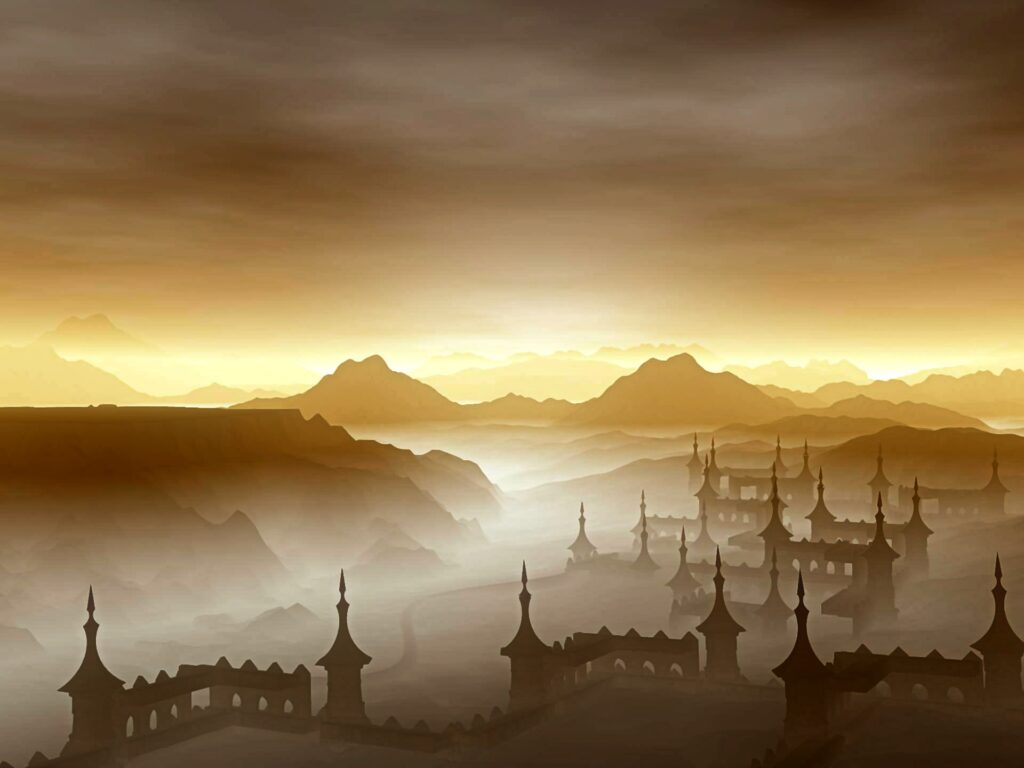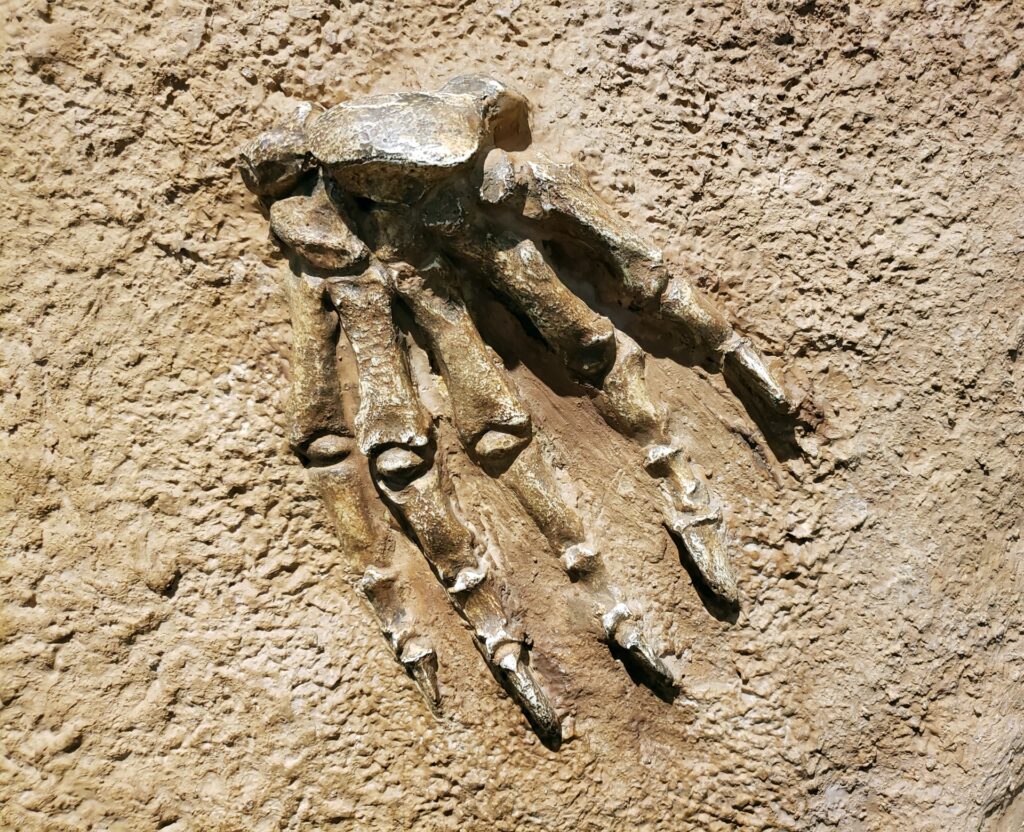Welcome, readers, to August’s first issue of Synchronized Chaos! This month the submissions seem to hold hidden depths, tell stories not always apparent on the surface.

Channie Greenberg sent us a surrealist, painterly photo of a pond, inadvertently in keeping with the theme.
Jim Meirose’s work resembles the submerged elements of a story, as if a child were listening to a tale a bit beyond their understanding. In biology professor Livio Farallo’s piece, complex impulses of thought move as if across synapses, encouraging readers to think.
Alan Catlin sends up loosely connected images of dreams and insects, while Anthony Ward conveys nostalgia through sounds and smells and Chimezie Ihekuna exults in the Christmas season.
Sayani Mukherjee writes of late summer, weather and fauna while Shammah Jeddypaul evokes primeval memory of bones and prehistory.

Mesfakus Salahin ruminates on imperfectly remembering dreams, while J.J. Campbell and Ian Copestick mourn the dull ache of loneliness and the physical weakness that comes with aging.
Richard Le Due talks of losing yourself to age or memory, or forgetting you’re not lost. Chris Butler reflects on the limits of our knowledge and how ignorance manifests through book burning and environmental inaction.
Gaurav Ojha critiques searching for knowledge that is too theoretical and doesn’t apply in practice.
Kahlil Crawford contributes poems of observation: watching and being watched, finding the cultural “bones” of a city.

In his review of Lisa Loving’s Street Journalist, A. Iwasa explores the role of reporters and the question of whether we can or should ever be truly objective.
Luis Cuauhtemoc Berriozabal writes of our emotional subjectivity, how our unease overtakes us, even in the midst of nature’s beauty. Mahbub grieves with a critically patriotic sorrow political assassinations of leaders of his home country of Bangladesh, while expressing the wonderment and refreshment he finds in nature’s creatures.
Susie Gharib writes of seeking refuge from the world’s dangers through flights of metaphor and myth. Ahmad Al-Khatat highlights the unwelcome persistence of traumatic memory for a refugee.
Mark Parsons’ pieces deal with disembodiment: being alienated from one’s own body and from one’s art, having to do random work to sell out/or in order to earn a living.

In the same spirit, Skaja Evens writes of the struggle of art-making: not only overcoming artists’ or writers’ block to make the art, but the challenge of staying true to one’s craft when one does earn some recognition.
J.P. Lowe’s protagonist realizes after his mother’s passing that she had personal artistic passions which she sacrificed for the sake of motherhood. His piece explores and honors buried identities and what we feel we have to give up for each other.
Jake Cosmos Aller presents various people who vanish or fade from consciousness one way or another, because they pass away or because others choose to erase them.
Mike Zone shares “discarded” movie concepts, ideas he had for movies that sound barely plausible but may never be filmed.
Jelvin Gipson relates the experience of hearing different voices within the spirit and choosing what to follow, having knowledge just out of reach. Timothy Jonathan talks about the ups and downs of life, figuring out who he is and accepting his own complex humanity.
Gabriel T. Saah and Samandarova Barno encourage people to choose creativity and love over simple greed for material objects and money, especially at the expense of others.

Taylor Dibbert expresses resolve at moving forward after a breakup, reclaiming oneself after a failed partnership.
Z. I. Mahmud explores in his literary essay how conscience nags at those who use their will to dominate others in illicit ways. Michael Robinson relates the transcendent experience he has through faith, where in church he can surrender and come close to God and step out of the limits of time.
Nazokat Urinboeva’s parable encourages compassion, diligence, respect, and mindfulness, while Rus Khomutoff speaks of the emergence of something new, the birth and flowering of a new world.
